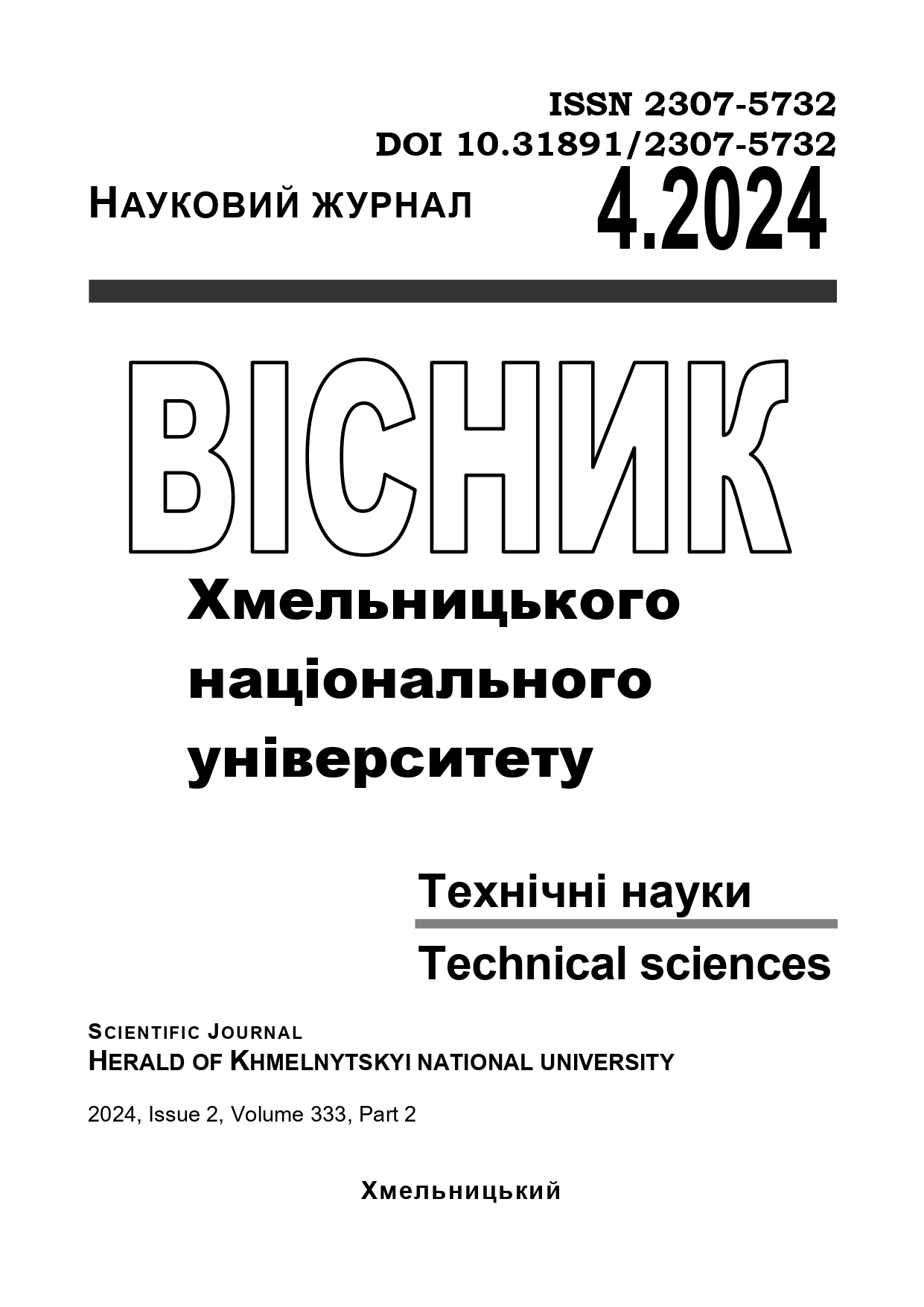АСПЕКТИ ДЕФОРМАЦІЙНОЇ СТІЙКОСТІ КОМПОЗИТІВНА ОСНОВІ ВУЛКАНІЧНИХ ПОРІД
DOI:
https://doi.org/10.31891/2307-5732-2024-339-4-34Ключові слова:
композит, кераміка, породи вулканічні, склад, випал, властивості.Анотація
Наведено результати досліджень по отриманню композитів на основі гранично опіснених мас. Об’єктами досліджень були обрані композиції різновидів вулканічних порід, що виконували функцію армуючих, а рідке скло – функцію зв’язуючого – матриці. Зразки композитів виготовляли напівсухим пресуванням із наступним структурним зміцненням – випалом при тривалому та швидкісних режимах. Методика роботи включала комплекс хімічного, ретгенофазового аналізів силікатних матеріалів і стандартизованих тестувань кераміки та композитів. Показано особливості складу відсівів видобутку природного цеоліту та андезиту та їх характеристик при випалі. Встановлено ефективність використання композиції різновидів вулканічних порід для регулювання фізико-механічних показників, в тому числі мінімізації усадки як фактору деформаційної стійкості виробів.
The uneven flow of deformation processes in the volume of products leads to distortion defects, technological losses and a decrease in quality. This especially applies to the manufacture of complex-shaped and flat products, the geometric parameters of which are characterized by a significant preponderance of the surface area over the thickness. A promising direction for minimizing shrinkage and the degree of deformation is the use of composites based on finitely described masses, which became the subject of research in this paper. Compositions of various types of volcanic rocks were chosen as objects of research, which performed the function of reinforcing, and liquid glass - the function of binding matrix. Samples of composites were made from mixtures having the same type and quantitative content of binder and the same granulometric composition of volcanic rocks (wt. %): fraction 3÷2 mm – 10; 2÷1 mm – 10; 1÷0.5 mm – 25, 0.5÷0.2 mm – 25, < 0.2 mm – 20. Composite samples were produced by semi-dry pressing followed by structural strengthening - firing in long-term and high-speed modes. The work methodology included a set of chemical and X-ray analysis of silicate materials and standardized testing of ceramics and composites. Features of the composition and characteristics of composites based on screenings of natural zeolite and andesite extraction during firing are shown. The effectiveness of using the composition of varieties of volcanic rocks for the regulation of physical and mechanical parameters – minimization of shrinkage as a factor of deformation flow of products during heat treatment, including in an industrial roller kiln at a maximum temperature of 1125 °C, has been established. The relationship between the differences in indicators of physical and mechanical properties of composites and the results of their structure analysis is shown. This is manifested in the peculiarities of the qualitative composition and degree of development of crystalline phases and glass phase, in the change in the ratio of the number of open and closed pores.

